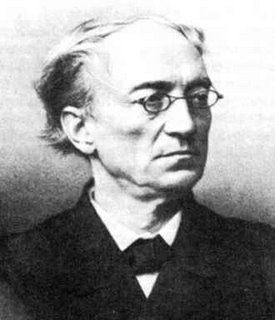
In Yezhednevnyi zhurnal Dmitry Oreshkin considers the great 19th century Russian poet Fyodor Tyutchev (1803-1873), characterizing him as a sincere and idealistic proponent of Russian imperialism, but contrasting him with today's adherents of a Great Russian nationalism (my tr.):
Tyutchev was an imperialist in the highest (and most tragic) sense of the word. With his heart's blood he wrote approximately the same text that is inscribed at the base of the Statue of Liberty in the United States. About the orphaned and the injured from all over the world, to whom the Russian tsar and the Russian faith promise protection, comfort, prosperity and freedom. The question of the ability of Russia then, or the USA today, to fulfil the promise is unimportant. Tyutchev believed that Russia was able to fulfil it, and obliged to do so. And the founding fathers held a similar belief. That can be felt in the text.
But our patriots don't have that belief. They don't call people to them - on the contrary, they do their utmost to repel them. Not only foreigners, but even those who were recently their fellow believers. They see everyone as enemies and betrayers, heretics and traitors, calling them a fifth column and a world conspiracy, immigrants and saboteurs. A certain loss of imperial greatness, wouldn't you say?
No comments:
Post a Comment